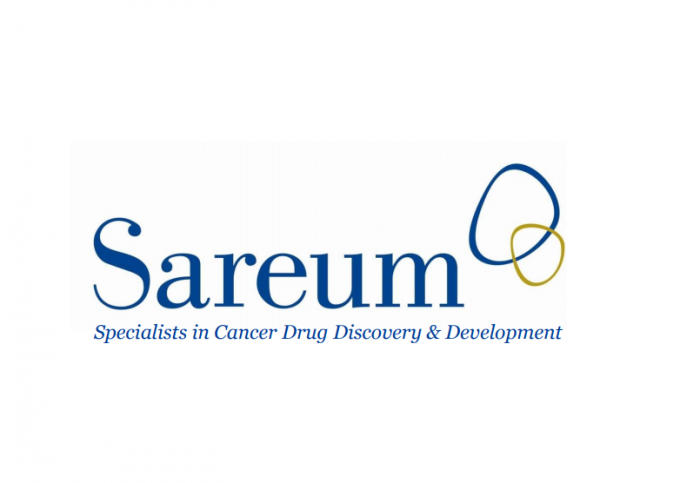Promising early clinical data on Sareum’s SRA737 presented at ASCO
Sierra Oncology, the licence holder for the Sareum (SAR)-originated SRA737, presented positive preliminary data from its two Phase I/II studies at the 2019 Annual Meeting of the American Society of Clinical Oncology (ASCO) conference over the weekend. The poster presentations cover preliminary clinical data from the studies of the Chk1 inhibitor as a monotherapy and in combination with low dose gemcitabine (LDG) in multiple tumour types and genetic contexts. Notably, the SRA737+LDG combination study showed a 30% response rate in anogenital cancer patients and this may form the basis of a new registration strategy. The ASCO posters are available via this link.
Both stuidies had an initial dose ranging element followed by a dose expansion at the recommended phase 2 dose (RP2D), which is based on tolerability and side effects. The RP2D doses for monotherapy are 800mg once daily and 500mg when combined with low dose gemcitabine (250mg/m2), given on days 2 and 2 of each week (with LDG given on day 1).
The monotherapy study showed early evidence of activity in high grade serous ovarian cancer (HGSOC), colorectal, prostate and non-small cell lung cancer. Althyough no objective responses (partial or complete) were shown, there were several noteworthy tumour reductions that fell short of the 30% threshold for a PR. HGSOC appeared as the most sensitive tumour to SRA737 monotherapy and this cohort demonstrated a directionally favorable disease control rate (DCR) of 54%, with notable maximal tumour reductions of 29% and 27% observed in two patients. All patients were heavily pre-treated (~5 prior lines) at enrollment.
In the combination study, 141 subjects received treatment with 81 (57%) considered evaluable for tumor response, at the time of the data cut-off. The largest number of subjects (n=35) were enrolled in the anogenital/cervical cancer cohort with the second largest number in HGSOC (n=28). PR were observed in six subjects and 41 had a best response of stable disease (SD); durable SD lasting ≥ 4 months was recorded in 32 subjects and was observed in all expansion cohorts.
Anogenital cancer was identified as the indication that was most sensitive to the combination with an ORR of 30% and DCR of 60%. Several subjects with this tumour type had noteworthy durations of
response.
SRA737 was originated at Sareum and developed with funding from Cancer Research UK. it was licensed to Sierra Oncology for up to $328.5m plus royalties by co-investment partner, CRT Pioneer Fund. Sareum has a 27.5% interest in the licensing deal and is therefore eligible to receive up to $88m in milestones, plus a pro rata share of royalties on sales.
Sierra Oncology also held a analyst event at ASCO (see link), which was covered favourably by US sell-side analysts, although the company’s stock price fell, possibly because the update fell short of expectations that SRA737 would be developed in HGSOC. There has been heightened concern around this indication after Eli Lilly discontinued a competing compound, prexasertib, that had been trialled in HGSOC.Sierra is due to provide an futher update at an invesgtment conference tomorrow (see link) that may help to clarify its plans.
